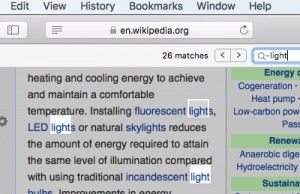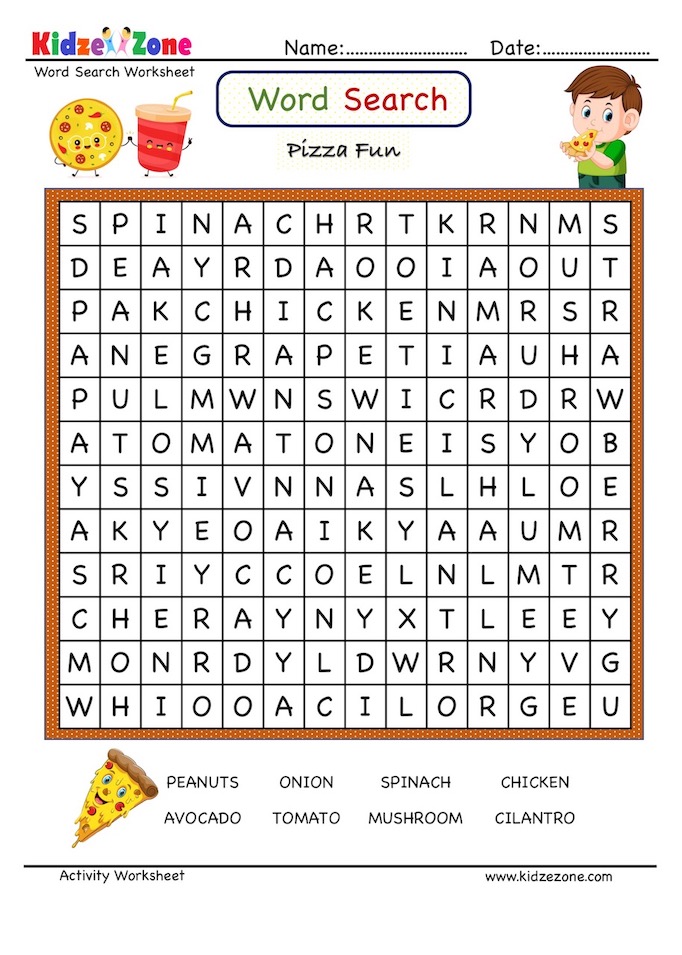

- #HOW TO FIND WORDS ON A PAGE MA UPDATE#
- #HOW TO FIND WORDS ON A PAGE MA FULL#
- #HOW TO FIND WORDS ON A PAGE MA MAC#
- #HOW TO FIND WORDS ON A PAGE MA WINDOWS#
Grammarly needs the range function to find the position in the text for a suggestion and to update the text when the user accepts the suggestion. For example, in the text "This is a test", delineating range(start: 5, end: 7) will give you the word "is". A range is a section of text delineated by start and end points measured in characters. The bigger issue we had to work around involved accessing ranges. This doesn’t exist in the COM API on Windows, either, so it was a problem we already had some experience solving by polling the text. The first roadblock was the lack of a textChanged event in the JavaScript API.
#HOW TO FIND WORDS ON A PAGE MA MAC#
This means that our add-in for Word on Mac needed not only to be able to detect when the text was updated but also to get access to the text itself so that we could deliver our suggestions. Grammarly’s writing assistant reviews text as it’s being written to offer suggestions in real-time. Clicking on it lets the user open or close the application in the sidebar:Īccess text and get textChanged events 😕 Here is the ribbon in Word on Mac, where the Grammarly icon is static. While Grammarly is running, we can show badges in the navigation bar that update with real-time stats about the document: Here is the ribbon in Word on Windows, where the Grammarly icon is dynamic.
#HOW TO FIND WORDS ON A PAGE MA WINDOWS#
Grammarly’s add-in for Word on Windows supports this with the COM API, but when using the new JavaScript API for Mac, we unfortunately could only render a static icon. We wanted to be able to add badging to the Grammarly icon in the ribbon and update the user with the number of alerts in their document. The top bar in Word is called a “ribbon” and is the standard element for navigation across Microsoft products. Render Grammarly icon in the navigation bar 🙁 We were able to make Grammarly’s writing suggestions appear in the sidebar cleanly and considered this a success.
#HOW TO FIND WORDS ON A PAGE MA FULL#
This was possible to do using the Office add-in API, which gives applications full control to render content in the sidebar. Render Grammarly suggestions in the sidebar 😌 We’ll step through what we set out to achieve and give an indication of how well we fared in each case. Unfortunately, we were often hampered by limited functionality. We wanted to achieve parity with our add-in for Word on Windows. Last year, we set to work productionizing the proof of concept while doing our best to get around the limitations of the Office add-in API. Open Roles Productionizing (and hitting snags)

Even so, putting the suggestions into the sidebar would make for the best option from a UX perspective-so this was the path we chose to follow. When we started working with the JavaScript API, however, we quickly ran into restrictions that meant we wouldn’t be able to achieve the exact same functionality as our Word for Windows add-in, which is built on COM. This would essentially mimic the design of our add-in for Word for Windows: The second option we considered was putting Grammarly’s suggestions directly in the Word sidebar while underlining the corresponding text in the document. People who write in Word are often doing so because they’re very familiar and comfortable with that writing tool, so taking them outside of the application to review writing suggestions led to a subpar user experience. Using the pop-up editor means being taken momentarily away from the screen where you’re writing. But when we tested the same UI in Word, we discovered that it didn’t serve the application as well. The pop-up editor works wonderfully in that circumstance. The first was to build a pop-up editor, similar to what we have for the Grammarly browser extension. We had to choose between two different directions. We needed a proof of concept to plan the UX, and we started by building out a few options. Last year, this new API looked stable and mature enough for us to set aside the necessary resources to tackle the project. That changed when Microsoft introduced the Office add-in API, which is based on JavaScript and works across all devices as well as online in the browser. We didn’t want to start a new project on old tech, but for a while the only option was to build the add-in with Visual Basic Script.

Year after year, we’ve been evaluating this project. Here we’ll tell the story of the sometimes rocky road to our much-anticipated add-in for Word on Mac.

The path to get there was not always straightforward or direct. There were many roadblocks to making this happen at the quality we expect for all of our offerings-but we were finally able to release Grammarly for Microsoft Word on Mac in beta at the end of 2019, followed by a full release in March 2020. Mac users have been feeling left out: an add-in for Word on Mac has long been a top requested feature. For more than six years, we’ve supported Grammarly’s add-in for Word and Outlook on Windows.


 0 kommentar(er)
0 kommentar(er)
